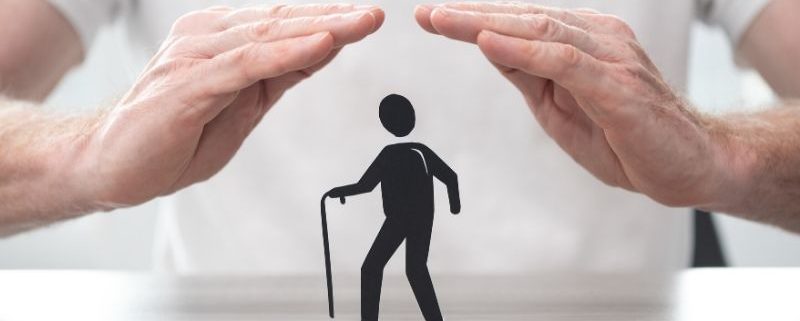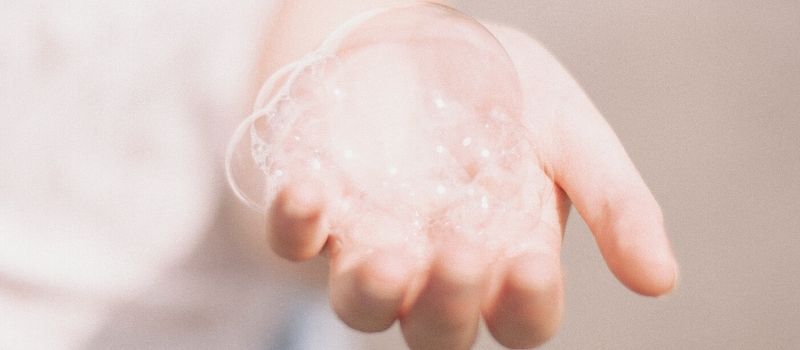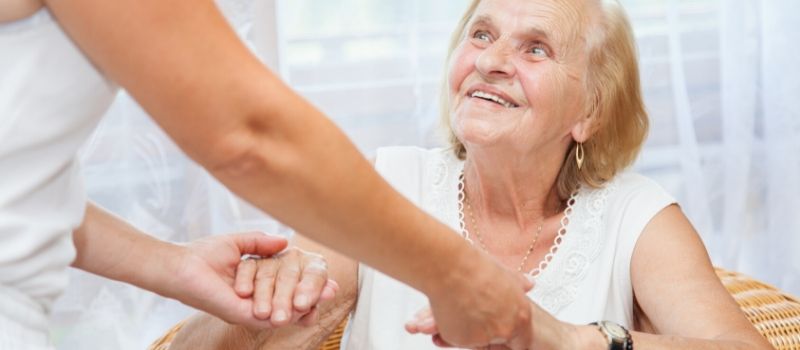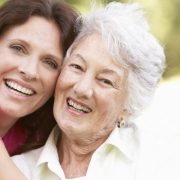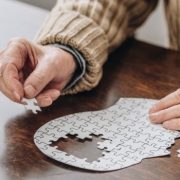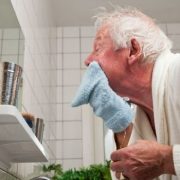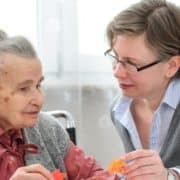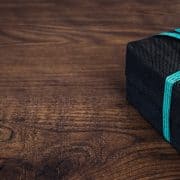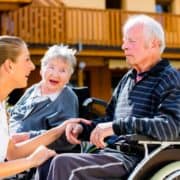How to shield and protect elderly from COVID-19?
As coronavirus still spreads rapidly across the UK, we need to take action and protect the vulnerable to the virus. Recently NHS published extensive guidelines for those who are at very high risk of severe illness from coronavirus. Over 1.5 milion people (elderly amongst them) in the UK are advised to start shielding in order to protect yourself from contracting coronavirus.
Who is regarded as the most vulnerable?
People with serious underlying health conditions are most at risk when coming in contact with coronavirus. Getting older often goes hand in hand with deteriorating health and developing chronic diseases. The chief medical officer has identified the group of people who are particularly at risk of coronavirus:
- Solid organ transplant recipients,
- People suffering from lung cancer, undergoing active chemotherapy or radical radiotherapy,
- People with cancers of the blood or bone marrow,
- People having immunotherapy or any cancer treatments which can affect the immune system,
- People with severe respiratory conditions including all cystic fibrosis, severe asthma and severe COPD,
- People who suffer from inborn errors of metabolism or undergoing immunosuppression therapies,
- Women who are pregnant with significant heart disease, congenital or acquired.
How does shielding work?
While shielding people who are in the vulnerable category should avoid any face-to-face contact with others for at least 12 weeks. Be specially careful when around people who are displaying symptoms of coronavirus. Try not to go out your house, avoid gatherings (that includes friends and family). Don’t go put for shopping or other necessities.
As a family member you need to abide these rules. Limit visits in vulnerable home, even when you are not exhibiting the symptoms of COVID-19. The majority of healthy, young people will experience mild symptoms – meaning you may not even know you have coronavirus.
What to do if you develop symptoms of COVID-19 (fever above 37.8 °C and/or continuous cough)? Read our extensive guide on COVID-19 for carers, elderly and their families.
How to protect yourself from COVID-19
It is crucial to remember, that even if senior is actively shielding, they still have to follow the preventive measures. As a carer or family member try to remind the elderly to:
- wash their hands with soap for at least 20 seconds. Especially before eating, after sneezing, coughing or blowing nose;
- when sneezing and coughing cover your mouth with a tissue or your elbow NOT with your hand;
- don’t touch your face – mouth, nose and eyes in particular.
Shielding and elderly carers
Hiring a carer for you elderly or vulnerable people is going to help them immensely in this difficult period. You as a family member will be sure that the needs of loved one are met every day. Carers will continue to provide a 24-hour bespoke care, they are also trained to follow advice on good hygiene as set by NHS and WHO.
Elderly caregivers will take additional precautions to make sure that seniors are protected: disinfecting frequently touched surfaces, wearing personal protective equipment, making sure that elder is well-informed and providing them companionship and taking care of mental well-being, which is especially important in the times of pandemic and social distancing.
Keep in mind, that carer is in constant close contact with the vulnerable. In order to minimize the possibility of contracting the virus, it is best for the carer to stay at home. As a family member you can offer your assistance with groceries and picking up prescription from the local pharmacy.

